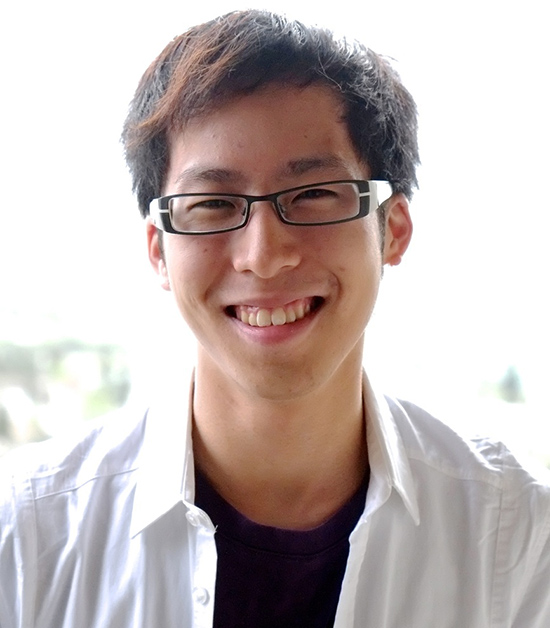
Conrad Tsang, graduate of the MD class of 2015.
Conrad Tsang was volunteering for a restorative justice program for young offenders when his future came calling.
"The same people came through our program over and over again. It was usually teenagers who were Aboriginal and had already dealt with homelessness as part of their lives, and had dropped out of school at an early age and had no real adult mentors. I kept seeing the same constellation of individuals, and I realized that their circumstances were really setting them up for failure in life," he recounts.
As an undergraduate student in health sciences at McMaster University, Tsang was already able to recognize that some of these youth were manifesting conditions that required medical attention; he also knew that without a roof over their heads, health care was low on their list of concerns.
Inspired to help vulnerable populations, Tsang applied to medical school and graduated with the designation of Special Training in Research as a member of the University of Alberta's Faculty of Medicine & Dentistry's MD class of 2015.
But Tsang was still unsatisfied with his ability to assist these populations. "As I went through medical school, again, I was seeing similar populations that were dealing with a lot of chronic conditions that weren't being well managed. The system, again, really isn't setting them up for success," he says. "I realized that I wanted to combine a clinical career with a public health career to play on both fronts.
"I'm really interested in going toward the education aspect of finding ways to help patients change their own behaviour and be healthier. Also, I think a way that isn't approached as much in education as it should be is teaching budding physicians, medical students and residents how they can enable patients to be their own health-care advocates."
In July, Tsang will have the opportunity to marry his two passions. After spending a few weeks as a resident of the combined Public Health & Preventive Medicine with Family Medicine Residency Program at the University of British Columbia, which reserves one year of study for a master's program, he will study public health at one of the world's most elite institutions: the Harvard T.H. Chan School of Public Health.
His studies will be supported by the Frank Knox Memorial Fellowship, an impressive grant from Harvard University that will support his tuition, insurance fees and offer a monthly stipend to support living expenses. Each year, up to three applicants are selected from each country where the award is administered-New Zealand, Australia, the United Kingdom and Canada.
"It was a question when I was applying of how I was going to afford it," Tsang says. "Unfortunately, unlike Canada, [American universities'] tuition for these programs is very expensive. I decided that without any sort of funding, it would pretty much limit me in terms of having to turn down an offer if I did get one."
Tsang didn't get one offer: he got two. He was accepted to both Harvard and Johns Hopkins University, where he applied after encouragement from faculty members at the University of Alberta who are alumni from both schools. "They said they brought back a lot of good skills and context-just having the perspective of how health care is delivered in a very different country and bringing back some of the innovation," he says. His successful application for the Frank Knox Memorial Fellowship officially chartered his route.
"I think one of the great strengths of physicians going into public health is that they actually have the clinical background that someone who just did a public health degree wouldn't necessarily have and being able to link those two. I think, ultimately, anyone going into this field just wants to better health when your patient isn't necessarily an individual and your patient has become a population or a community, and using that aspect in order to deliver better care."